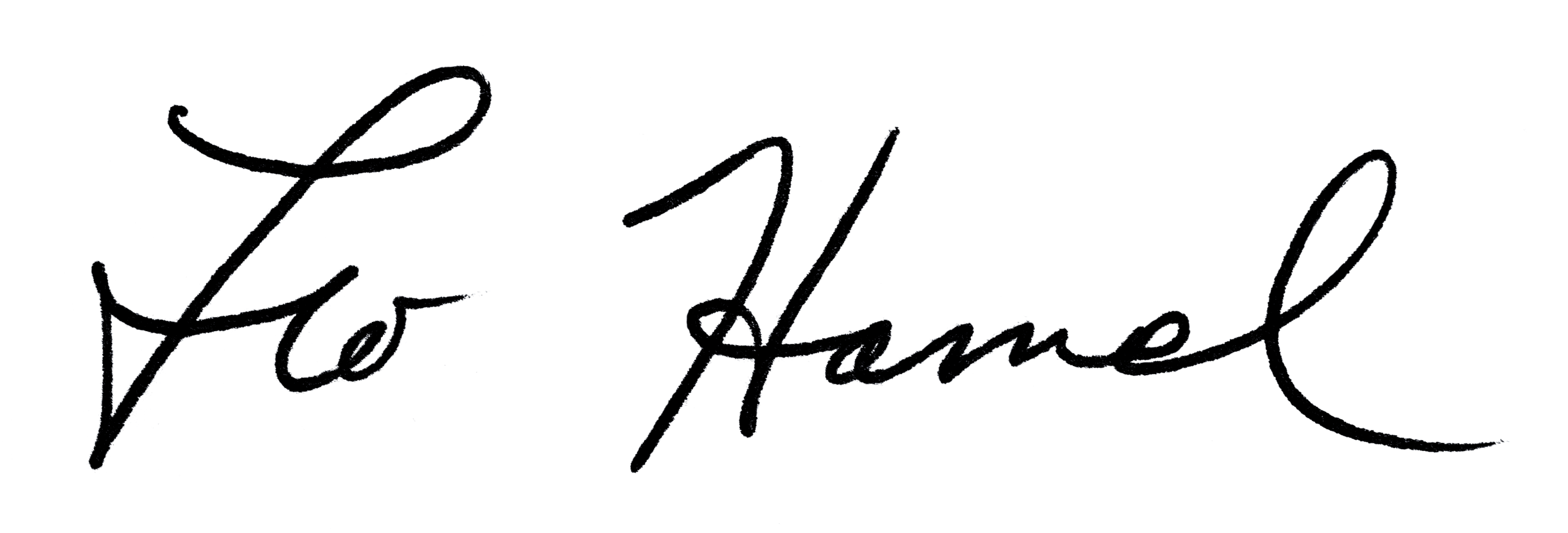
Leo Hamel Fine Jewelers Policy Letter
Reporting Cash of $10,000 or More
The IRS requires all merchants to report receiving cash payments in excess of $10,000 from an individual or business. The penalties for not complying can be $25,000 or 100% of the amount of cash received for intentional disregard, and criminal penalties of up to five years in prison and $250,000 in fines.
We must fill in IRS form 8300 whenever we receive from an individual or company more than $10,000 in cash for one transaction (one sales invoice) or two or more related transactions. Related transactions are any that occur within one 24 hour period (buying a diamond in the morning and a watch in the afternoon,) or any that we have reason to know are a series of related transactions (buying a Rolex watch head on Tuesday, a bracelet on Thursday, and a diamond dial and bezel on Saturday.)
Cash is defined as any combination of paper money, cashiers checks, money orders, and travelers checks having a face amount of no more than $10,000. For example, if a customer buys a diamond ring for $11,000, and gives you $4,000 cashiers check, $5,000 in travelers checks, and $2,000 in cash, you would have to report that transaction. If he gives you $7,000 in cash and $4,000 in a cashier’s check, you would report that transaction. If he gives you $9,999 in a cashiers check and $10 in cash, you would report that transaction. If he gives you three cashier’s checks for $4,000 each, you would have to do the report.
If he gives you a cashiers check for $10,000 you do not have to report it. You do not report a transaction when the sale is over $10,000 and the customer pays by personal check, credit card and/or cashier’s check for the entire amount of the sale. The reason for the last one is that the bank has already filled out a form 8300 when the customer purchased the cashiers check. You do not have to report bank wires for the same reason.
Make a copy of the customer’s identification and attach it to the form. Acceptable forms of ID are driver license, passport, state issued ID card, or border crossing number. We must also get their social security number and their occupation.
You fill out the form, not the customer, and you are responsible to verify the information on the form as much as possible (by copying their ID for example.)
We are required by law to notify anyone on whom we file a form 8300. The best way to handle it is to explain to them that the law requires the form and that you have to fill it out – period. If they would rather arrange for some other form of payment, that would of course be acceptable. However it is illegal to suggest to your customer that he can avoid having this form filled out by paying some other way. It is illegal for you to try to help him figure out how to get around it. Don’t make suggestions.
New revised 1994 edition attached, please only use this one, not previous editions.
Overview
We need the following things from the individual:
- Copy of ID
- SS #
- Occupation
We need the following things from a corporation, if they are purchasing it versus an individual.
- Copy of ID of representative
- Tax ID #
- Type of business they are in
